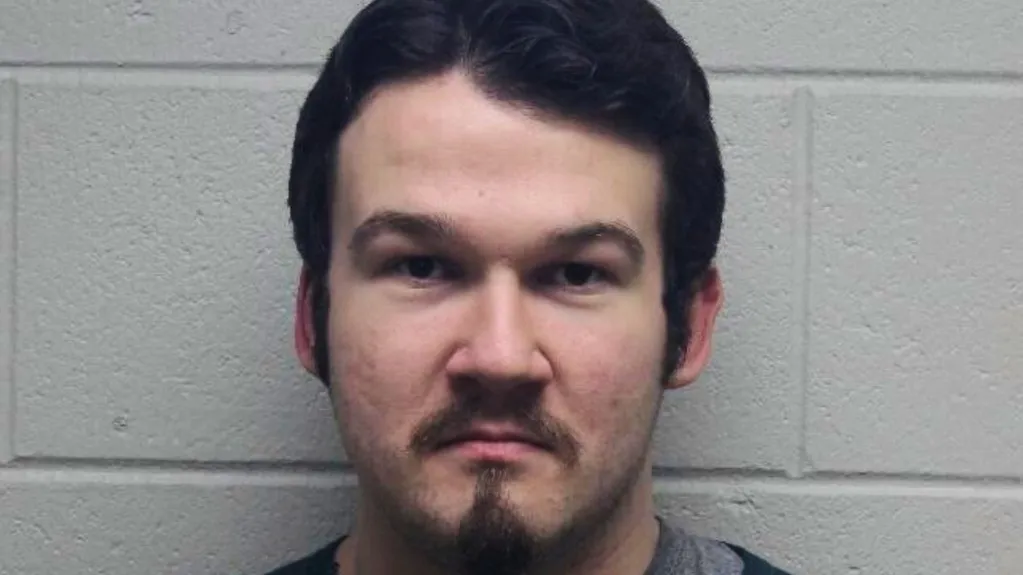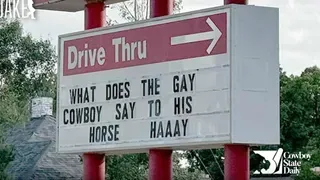November 28, 2011
Let's Talk HIV: Barebacking--An Act of Rebellion?
Earl Plante READ TIME: 5 MIN.
I recall my initial shock at reading a November 9 SF Weekly online article entitled, "Pros and Condoms: S.F. Emphasizes HIV Treatment, but a New Generation Advocates Bareback Sex".
The provocative title stuck with me for a number of reasons. One, because I am someone who has worked in the non-profit sector my entire professional life (and currently work for a national Latino AIDS organization).
Two, as someone who has been HIV-positive for more than 10 years and who has been an outspoken advocate for AIDS research, prevention, and care, the complicated and emotionally charged issues it unearthed resonate with me on a deeply personal level because I am single and continue to have an active sex life.
I won't bore you with the gory details, but in my holistic sexual experiences, the decision to fuck with or without a condom is always a hot topic. Today, I would even argue that the pendulum has swung toward unprotected sex based on first-hand accounting and what I hear day-to-day in the online social media blogosphere. The question I might ask is, "Why has this noticeable shift occurred?"
In the '90s, having protected sex seemed to carry more scrutiny and stigma. Now, one could argue that in the gay male public zeitgeist, barebacking is back in vogue and, I dare say, sexy.
Experts cited in the article say it is hard to pinpoint why individuals choose to fuck without a condom. Some theorize that a combination of the availability of HIV treatment since the 1990s, safe-sex fatigue, increased substance abuse, and more complex decision-making are considered primary factors in its rise and popularity; also, the Internet has allowed like-minded individuals prone to riskier behavior to meet their matches more easily.
Many high-profile examples of this contemporary culture shift are personified in the following public venues: circuit parties to annual events like the Black Party, Folsom Street, and IML, which I have attended in the past. Seeing how many partygoers forgo the free condoms that HIV/AIDS organizations were offering was striking in its brazen defiance.
I wondered to myself how the parties' financial beneficiaries and the associated HIV/AIDS groups could truly feel comfortable sharing the event with bareback porn companies hawking products that might ultimately promote barebacking.
The article cites Dr. Grant Colfax, the director of SFDPH's HIV Prevention section, as not wanting to take publicly a firm stance against unprotected sex, as it relates to the spread of HIV/AIDS. However, it is noteworthy that the department is now in the midst of overhauling its overall prevention approach, with the hopes eventually to cut new HIV infection rates by half within five years.
So in many senses of the word, San Francisco is ground zero in this simmering and meaningful debate. For if SF in 2012 were to get tough on barebacking -- abetted as it is by bareback porn, the Internet, and increasingly, passive HIV/AIDS organizations -- that would certainly have a huge ripple impact across the nation. But alas, it would not be the first time a major metropolitan city attempted to play Big Brother.
All of this also has huge public policy implications as well, for we are at a dicey time, 30 years into the AIDS epidemic, when lawmakers (across the globe) are increasingly looking at the criminalization of HIV transmission. The looming challenge to acknowledge is that sex is sticky, and regulating how people have it is even more so.
It is also interesting that an individual from the article is cited as acknowledging the fact that working in the bareback industry puts him in the line of fire between privacy advocates and HIV/AIDS prevention activists, including the government.
"The government also says we can't get married," he says. This statement hearkens back to the 1970s liberation movement, especially among gay men who celebrated the carnal extremes of sex as their political badge of honor as a direct and public challenge to societal accepted "norms."
The TV screens of your local gay bar, club, sauna, or sex club might still show porn, and more often than not, it's 'safe sex' porn. Whilst the TV screens display condom-only fodder (at least as anal penetration goes), why do sexual transmission rates continue to rise among youth and communities of color in particular? Could it be that these public venues contribute to a false sense of security with respect to sexuality and HIV infection rates?
It seems as a community we have created a false dichotomy, whereby we might enjoy the 'civilized' space of bars and clubs with their sanitized safe-sex imagery, only to re-arrange our priorities into more private locales where the bulk of our time might be spent in condom-free encounters.
I also remember back in June 2009 the huge firestorm that ensued when celebrity blogger Perez Hilton released stills from a sex tape video involving young gay Oscar-winning "Milk" screenwriter, Dustin Lance Black, who was forced to apologize, not for the tape/photos which he regarded as 'embarrassing' but rather the sexual acts they depicted stating:
"More important than the embarrassment of this incident is the misleading message these images send. I apologize and cannot emphasize enough the importance of responsible sexual practices."
The 'sexual practice' in question was barebacking. It was all the more humbling for Black as he was, and still is a public advocate of 'safe sex'. I, for one, am not one to judge for I readily admit that sex without a condom feels a hell of a lot better. Was this another public example of hypocrisy or just a tragic mirror to an inner truth: looking like just another gay man who said one thing but did another?
As I have discussed previously, ever since the 1980s and the outbreak of the so-called 'gay plague', HIV/AIDS has dramatically affected the social, legal, and political context in which gay men conduct their sexual lives. Death and disease put a devastating wrench on the rampant promiscuity that had come to define gay men's sex lives in the late '60s-'70s.
Cruising in parks and toilets were eventually replaced with the apparently 'safe' bars and corresponding prevention-messaging abounded. The pursuit of gay liberation was abruptly shelved, whilst gay assimilationists began increasingly to argue for marriage equality and the pursuit of the 'straight' family ideal. Porn's performers followed suit and rubbered up for this new 'civilized' age.
In 2011, growing concerns about HIV transmission and increasing numbers may lead to further tough moral or legal sanctions that might draw into their orbit barebacking porn companies and some equally complicit HIV/AIDS organizations.
From my perspective, it is an uncertain future. One thing about barebacking and porn should be abundantly clear: If we keep buying it, they'll keep making it, so we need to be honest with ourselves -- we are buying it all! We might give politically correct lip service to safe sex, but many of us are continuing to engage in illicit, bareback activities.
I will only ask, now 30 years into the HIV/AIDS epidemic, "What will the collective response to this renegade behavior ultimately lead us as a community?"
Earl is the Development Director of the Latino Commission on AIDS (the Commission). Earl attended Dartmouth College. Mr. Plante has worked his entire professional life as a passionate advocate for social and economic justice, which is fundamental to combating societal barriers of prejudice and discrimination in our various communities through public education, advocacy, and increased visibility. His passion for this progressive work stems from his belief in the power of grassroots organizing to mobilize and educate people to make positive changes in public policy; Earl ultimately envisions a world where all individuals are fully empowered to participate safely, openly, and honestly in family, faith, and community regardless of race, gender-identity, or sexual orientation.







